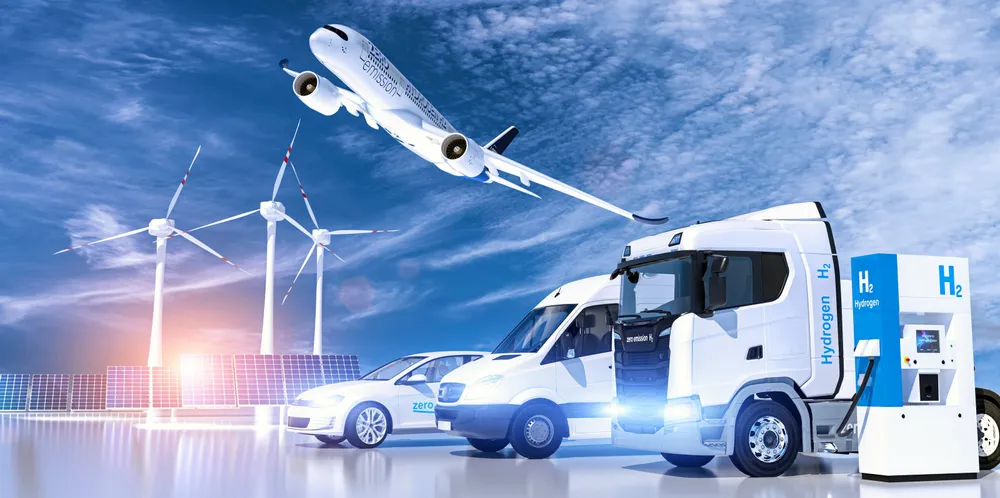Hydrogen will play 'important role' in industry and transport, but minor one in heating, says study of studies
Meta-analysis on behalf of German government shows that H2 will account for 4-11% of final global energy consumption in 2050

Hydrogen will play an “important role” in decarbonising heavy industry and transport, but a minor one in the heating of buildings, according to an analysis of more than 40 published hydrogen studies.
But hydrogen will provide only 4-11% of the final global energy consumption in 2050, with the main driver for climate neutrality being “a drastic decrease in final energy consumption by energy efficiency measures, and direct electrification”.
The largest share for hydrogen and its derivatives in total energy demand will come from transport — including shipping and aviation — with studies giving a global median hydrogen share in final energy demand for the sector of 16%, but 28% in the EU.
“More certainty for hydrogen demand in synthetic fuels can be found in the international aviation and maritime sectors,” it adds, due to a lack of competition from pure-electric solutions.
The report says that because many studies have not offered projections for the future use of hydrogen as a chemical feedstock, it can only provide aggregated figures for the use of hydrogen as an industrial heat source. Here, it gives the global median hydrogen share in the sector of 3%.
In terms of providing heating for buildings, there is the greatest similarity between studies, with a range of 1-2% of energy demand by 2050 in hydrogen-focused reports, but less than 0.5% in IPCC (Intergovernmental Panel on Climate Change) scenarios — giving a median hydrogen share of less than 2%.
“This bandwidth is small compared to the other sectors… indicating a relative certainty about hydrogen usage in this sector,” the meta-analysis explains.
“Arguments against hydrogen use in buildings are the availability of more suitable decarbonisation technologies,” it says. “The hydrogen value chain in the building sector is characterised by low overall efficiencies (eg, fuel cell heating 57%, hydrogen condensing boiler 64% compared to heat pumps with 300% or electric boilers with 95% efficiency).”
The report concludes: “Overall, hydrogen will thus play a significant role in climate change mitigation, but it will not be the dominant final energy carrier.
“Energy efficiency and direct electrification are generally seen as the main emission-reduction levers.
“Hydrogen therefore plays a relevant role in areas of application, where other technologies are technically or economically not feasible. While hydrogen therefore remains a theoretical option in all three demand sectors analysed, targeted policies are necessary to trigger an efficient use across sectors.”